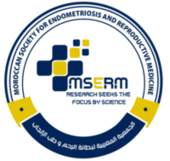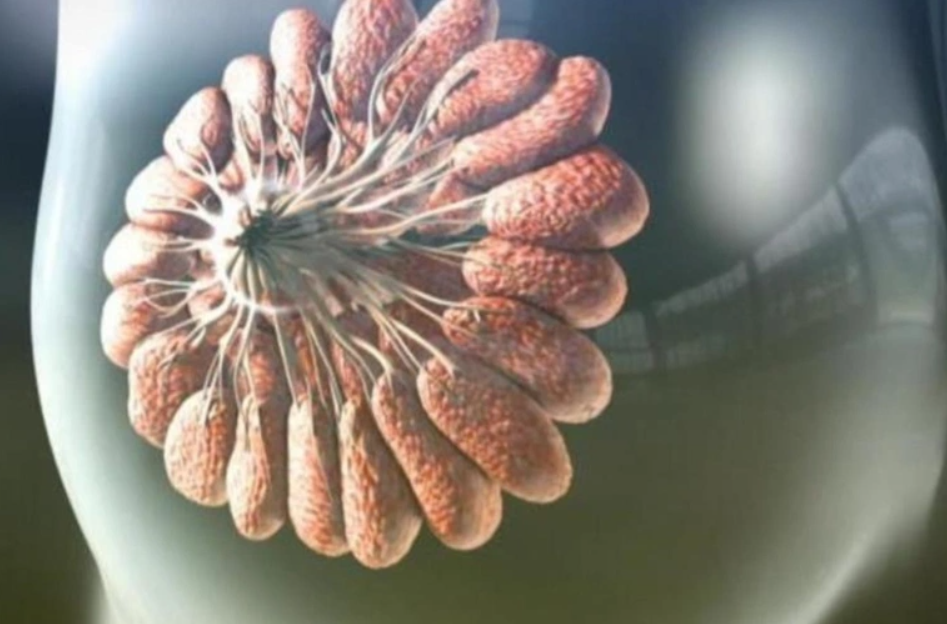October of every year is designated as Breast Cancer Awareness Month in all countries of the world, a month that helps increase interest in this disease and provide the necessary support to raise awareness of its seriousness and expedite detection and treatment, as well as providing patients with it with palliative care, according to the WHO.
And there are about 1.38 million new cases of breast cancer annually and 458 thousand deaths due to it, and breast cancer is by far the most common type of cancer among women in the developed and developing countries alike.
Note the following symptoms:
1- The presence of nodes in the breast or armpit.
2 – Change in the size and shape of the breast.
3- Discharge from the nipple (clear, cloudy, or bloody).
4- The direction of the nipple inward
5- Changes on the skin, such as the appearance of scales, bumps, redness and inflammation.
Some factors increase the risk of breast cancer, such as family history, obesity, processed foods, hormonal treatment, and heavy drinking.

Breast cancer: prevention and reproductive health
Breast cancer is so frightening that you do not think whether this injury will prevent you from conceiving.
Here are 6 things you should know:
1- You should ask your doctor whether your treatment may cause infertility, and if this is the case, you must know the personal risks that will befall you, and you should also ask about ways to help you preserve or protect your fertility before starting treatment.
2- Patients with breast cancer who have undergone chemotherapy are at risk of developing premature ovarian failure or early menopause.
Chemotherapy can cause infertility in women who have not yet reached the stage of menopause, and it can affect the functioning of the ovaries, which reduces the number and / or quality of eggs. Chemotherapy can also cause your period to stop permanently or temporarily. In general, the younger you are when you receive treatment, especially if you are under the age of 35, the more likely your period will return after completing the treatment, and women over the age of 35 are more likely to lose their fertility after treatment.
In the event that your period returns after treatment, this does not necessarily mean that your fertility has not been affected, and the likelihood of infertility depends on the type of medication used, the dose, your age, and your current fertility status.
3- If you want to conceive, some doctors advise breast cancer survivors to wait at least two years after treatment ends before trying to conceive. In general, the best waiting period is not clear, but it is believed that waiting for two years is sufficient to ensure any early return of cancer, which may affect your decision to become pregnant. You should take into account that this advice is not based on data from any clinical trials, and some breast cancers can return after two years, so each case is different.
Your decision should be based on a number of things, including your age, desire for more pregnancies, the type of breast cancer and the risk of it returning early.
4- If you are still receiving any type of breast cancer treatment, including chemotherapy, hormone therapy or targeted therapy, you should talk to your doctor before trying to conceive. These medications can affect a developing baby, so it is safer to wait for treatment to complete before pregnancy. It is also important to remember that stopping treatment early may increase the risk of cancer growth or recurrence.
Many women who have had cancer fear that their children will also have it. There is no evidence that children who conceive after cancer treatment are at increased risk of developing birth defects or other health problems.
However, a small number of cancers are passed from parents to children through genetics. If you have an inherited cancer, there may be a greater risk. Talk to your doctor or a genetic counselor about reproduction.
5- If you want to have children in the future, the best time to talk to your doctor about fertility is before starting breast cancer treatment. This way you have the option to take appropriate measures to preserve your fertility by freezing the eggs for later use in the IVF process after completing the chemotherapy. The egg freezing technique gives you flexibility in delaying pregnancy until later and allows you to control your biological clock.
6- The emotional harm of cancer can be more difficult when your fertility is affected by medications and procedures for your recovery. It is important to know that you are not alone and that it is normal to feel a mixture of emotions. Surround yourself with people who give you great support, and through open communication between your family, friends, support groups, counselors and the health care team.

